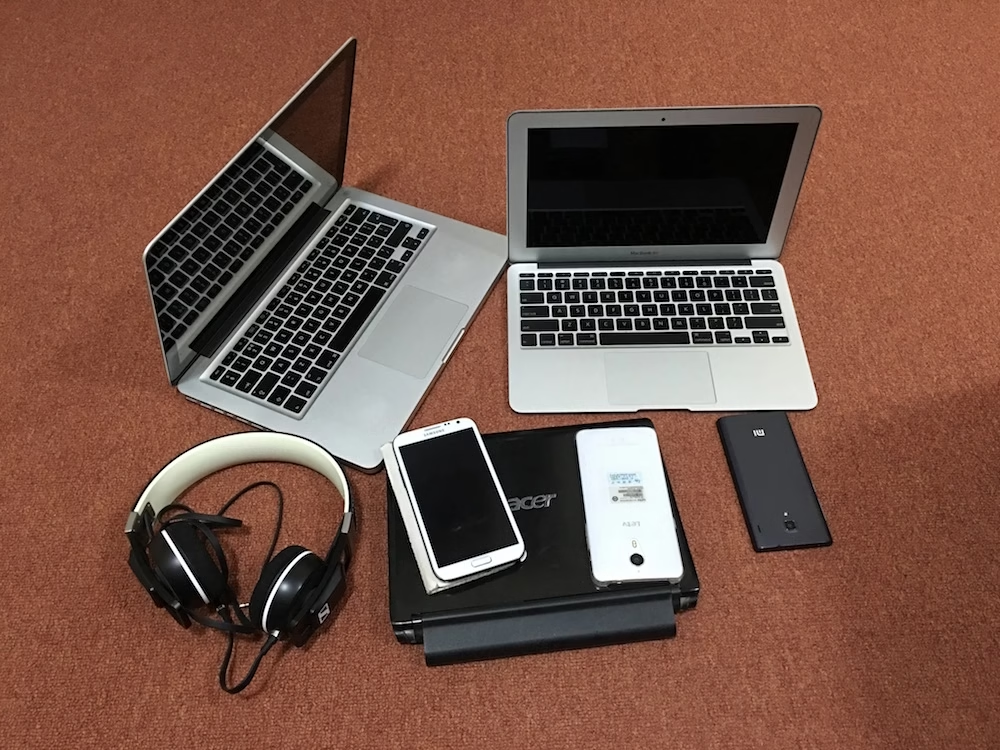Why You Should Avoid Buying Second-Hand Items Without a Receipt or Written Agreement
Purchasing second-hand items can be an excellent way to save money and reduce waste. However, buying from individuals without a receipt or a written agreement poses significant risks that can outweigh the benefits. Whether it’s a used smartphone, furniture, or appliances, the lack of proper documentation can lead to financial loss, legal trouble, or receiving substandard goods. Below, we delve into why it’s crucial to insist on a receipt or written agreement when buying second-hand items.
1. Legal and Ownership Concerns
One of the most pressing risks of purchasing items without a receipt or agreement is the possibility of buying stolen goods.
The Risk of Stolen Items
Without a receipt, there’s no way to verify the seller’s ownership of the item. If the item is reported stolen and traced back to you, law enforcement may seize it, and you could face legal complications. A receipt serves as proof of a legitimate transaction and can protect you from these risks.
Protection Against Disputes
A written agreement clarifies the terms of the sale. It defines ownership transfer, ensuring the seller cannot claim the item back after the sale. This document can be invaluable if disputes arise later.
2. Lack of Refund or Return Options
When buying second-hand items without documentation, you forfeit any chance of returning the item if it’s faulty or misrepresented.
No Guarantees
Without a receipt, there’s no evidence of the transaction or its conditions. If the item is defective, you won’t have legal recourse to demand a refund or exchange. A written agreement can detail the condition of the item at the time of sale, offering some level of accountability.
3. Hidden Defects and Misrepresentation
Second-hand items sold without documentation often come “as-is,” leaving you vulnerable to undisclosed defects.
No Paper Trail for Accountability
A seller may exaggerate or misrepresent the condition of an item, especially if there’s no agreement binding them to their claims. For example, a seller might claim a used laptop is in “excellent working condition,” but without a written agreement, you’ll have no evidence of their promises if the device turns out to be non-functional.
4. Financial and Emotional Loss
Buying second-hand items without safeguards can lead to significant financial loss.
Unrecoverable Costs
If the product doesn’t meet your expectations or is unfit for use, you may end up spending more on repairs or replacements. A written agreement protects your investment by providing grounds for dispute resolution.
5. How to Protect Yourself When Buying Second-Hand Items
Always Ask for a Receipt
A receipt doesn’t have to be overly formal. It should include:
- The seller’s name and contact information
- A description of the item
- The date of purchase
- The agreed-upon price
Why You Should Avoid Buying Second-Hand Items Without a Receipt or Written Agreement
Insist on a Written Agreement
A written agreement can be as simple as a signed note stating:
- The item’s condition (e.g., “used but functional”)
- Any guarantees or warranties offered
- The terms of ownership transfer This document offers legal backing if something goes wrong.
Verify the Item’s Origin
When buying high-value items, ask for original purchase receipts or documents that prove ownership. For electronics, check the serial number against databases of stolen goods.
Inspect the Item Thoroughly
Before agreeing to a purchase, test the item and ensure it functions as advertised. Take photos or videos as additional evidence of its condition at the time of sale.
Meet in a Safe, Public Place
When transacting with strangers, prioritize safety. Meeting in a public area ensures both parties are accountable and minimizes risks.
Why You Should Avoid Buying Second-Hand Items Without a Receipt or Written Agreement- Conclusion
While second-hand purchases can be budget-friendly, buying without a receipt or written agreement can lead to legal trouble, financial loss, and emotional stress. Insisting on proper documentation not only protects your rights as a buyer but also ensures a safer and more transparent transaction. Always prioritize caution and responsibility when shopping for pre-owned items, and remember that a little diligence upfront can save you significant headaches down the road.
By taking these precautions, you can enjoy the benefits of buying second-hand while avoiding the common pitfalls



